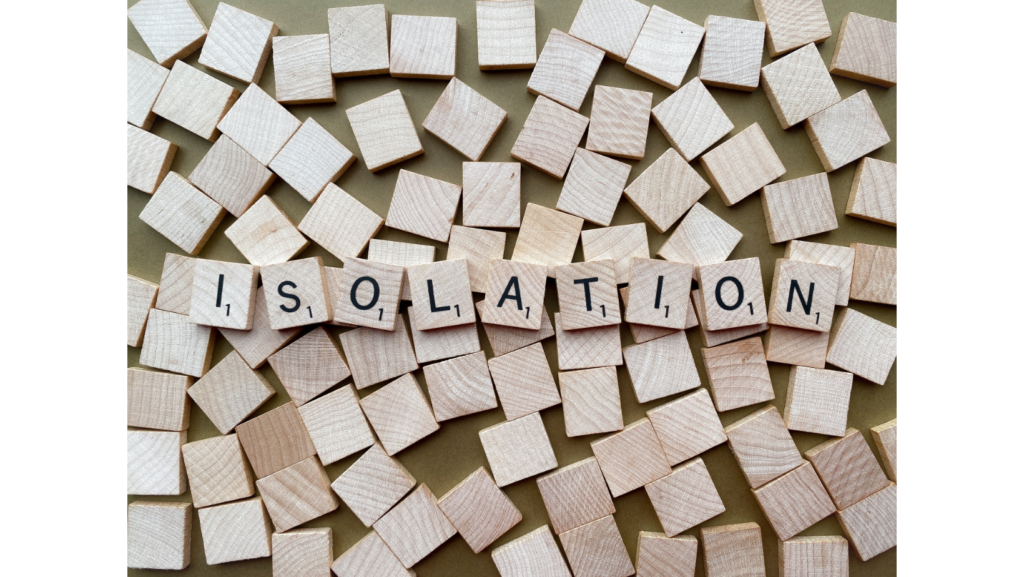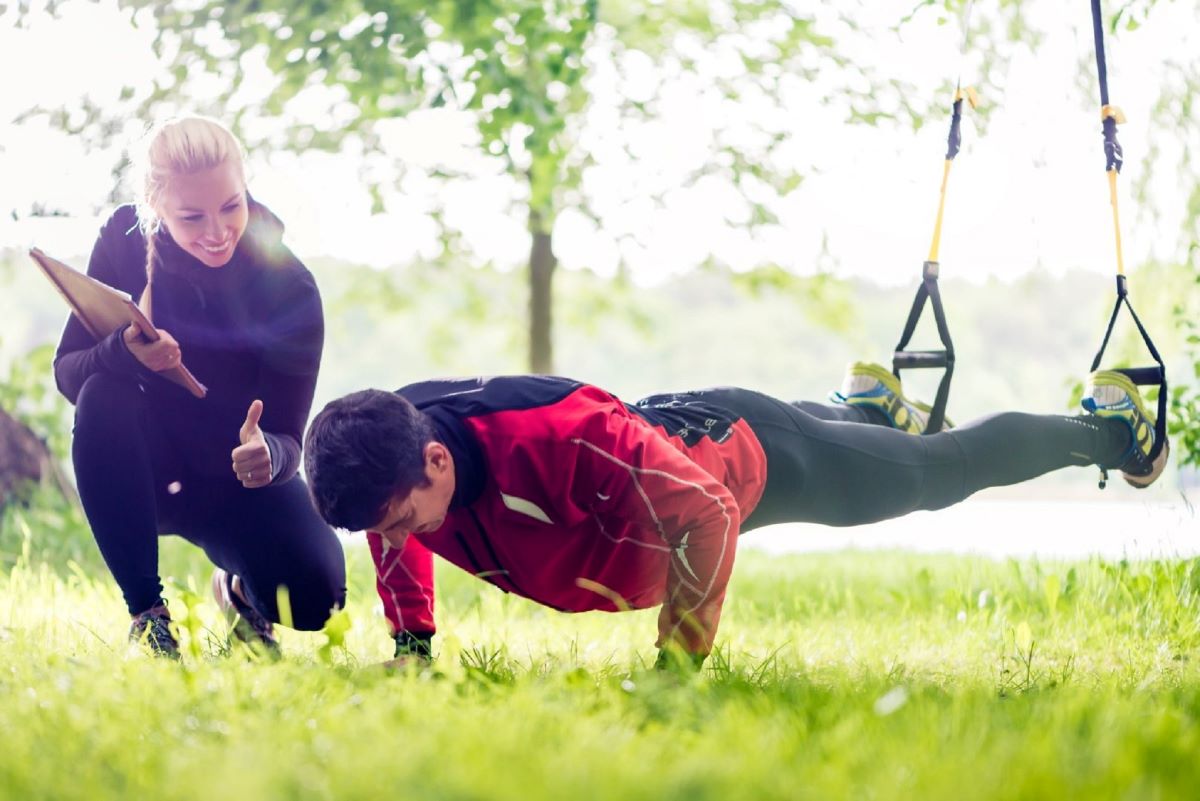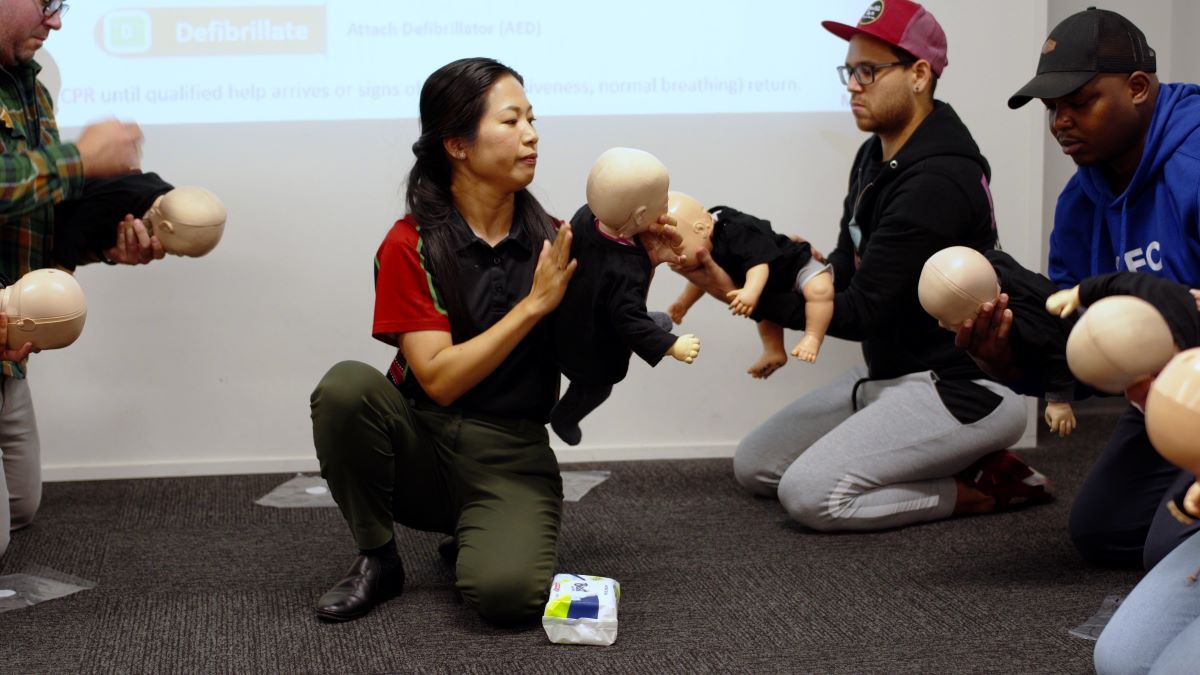Isolation is a widespread problem even before the pandemic, but the COVID-19 crisis has brought its negative impact to mental health in a whole other level.
While physical distancing is critical for slowing down the spread of the virus, it also comes with its own health costs. Social isolation can lead to loneliness which eventually affects mental health.
What Is Social Isolation?
Social isolation refers to the absence of social interactions or lack of contact with friends, family, or another network. It involves staying at home for lengthy periods, having no community involvement, or little to no communication with others.
The absence of social relationships can be triggered by several factors, including loss of mobility, unemployment, or health issues.
Loneliness is a subjective feeling that may arise from short- or long-term seclusion from others.
The COVID-19 pandemic that hit the world two years ago has resulted in restrictions and physical distancing guidelines. Although it is an effective way to slow down the spread of viruses, it can also lead to a feeling of isolation, especially among the elderly.
Social isolation has a significant impact on health and can lead to mental conditions such as depression, anxiety, and even dementia.
This article explores common signs and symptoms of isolation and some first aid tips to overcome this dreaded condition.
Causes and Symptoms
Several contributing factors can prevent people from contacting other members of the community. Common causes may include chronic illnesses, disabilities, unemployment and economic struggles, transport issues, or aging.
While spending time alone is healthy at times, there are warning signs to look out for that may indicate unhealthy social isolation.
- Avoiding social interactions
- Spending a large amount of time alone
- Cancelling plans and feeling relief when plans are not pushed through
- Having panic and anxiety attacks when thinking about social interactions
- Feeling of distress in times of solitude
- Feeling dread in participating in any social activities.
- Poor eating and nutrition
Social isolation is often connected to one’s emotions, leading to the inability to share feelings with others. The person may become emotionally numb or detachment from their own feelings.
Self-Care Strategies for Physical Distancing
It is essential for people dealing with isolation to practice self-care strategies.
Get outside.
Spending time outdoors can do wonders for physical and mental health. Natural sunlight can help boost the mood and provide vitamin D, which eases symptoms of depression.
Stay connected.
It is easy to feel alone during isolation. Withdrawing from others will not help with the feelings and worsen the condition.
Instead of spending time alone, reach out and check in with people who matters. Staying connected with them during this time play a critical role in building and maintaining happiness.
Practice self-care
It is essential to counteract the negative responses from social interaction, such as stress.
Chronic stress can cause or worsen many health problems such as hypertension, abnormal heart rhythm, stroke, breathing difficulties, muscle tensions, and more.
To prevent such, take the time to practice self-care. Find ways to relax the body and mind, be it a warm bath, soothing music, or a meditation program.
Eat Healthier
The connection between healthy eating and mental health is real.
High-quality food does not only work magic on physical health, but it also fuels the brain to operate correctly. The brain needs enough nutrition to perform its cognitive functions and be able to process thoughts and emotions.
Incorporate brain-friendly foods in the diet such as eggs, fruits and vegetables, fish, almonds, and dark chocolate.
Get Moving
A 30-minute stretch or a walk to the neighbourhood can benefit both physical and mental well-being/
Exploring different types of physical activities can activate the release of endorphins, which are chemicals that can trigger positive emotions. It also works as the body’s natural painkiller, which diminishes the feeling of pain or stress.
Make regular time for physical exercises to enjoy maximum mental health benefits.
Acknowledge your feelings
Many people choose to ignore their feelings when struggling. While it works in some cases, it does not help the person in the long run.
Take some time to acknowledge own feelings and accept that sometimes life is hard. If things become overwhelming, reach out to a mental health professional.
When to Seek Help
For severe signs of depression, anxiety, and chronic loneliness where life enjoyment is negatively affected, it is time to get professional help.
Early intervention often results in better mental health outcomes.
Conclusion
The impact of the recent social isolation on mental health may continue to be felt by others for some time. If you are one of those people, remember that you are not alone.
With professional support and knowledge of mental health first aid basics, anyone can improve their mental wellness and enjoy life again without the warning signs. Enrol in the MHFA course today and learn how to identify, understand, and help others who may be developing a mental illness.







